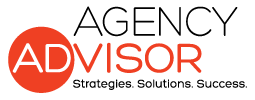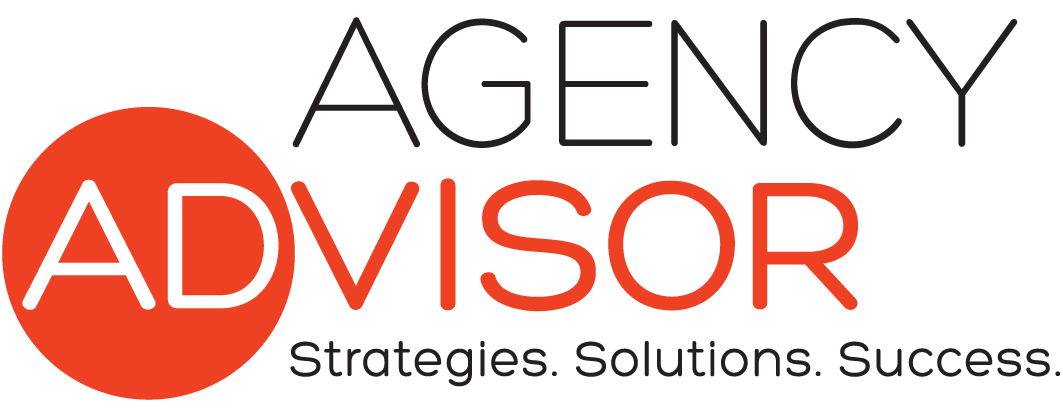There’s no doubt that agency management software is mandatory in today’s Marketing/Creative Industry. No other tool will track a jobs progress, monitor employee workload, create and aggregate multiple project schedules, track budget for various projects, and safely store documents and images – all at the same time.
Agencies struggle in a pile of unopened emails and missed deadlines because they are not utilizing a traffic management system to their benefit.
I have heard many reasons why agencies do not use these systems (like Advantage and Workamajig). In this post, I will demystify just a few of these for you.
1. A traffic management system will solve all of our workflow and process problems.
You must define your process. If you do not know what your processes look like, your system will not know either. Remember, computers are only as smart as the user. They do not know what you do not tell them. Briefly, this means identifying every type of project that enters your shop and then breaking them down into phases and into detailed steps that need to be accomplished to complete the phase.
2. I do not have time to use a Traffic Management System.
If set up correctly when you begin, a traffic management system will work almost automatically. This means creating templates for every “size” of each job. These should identify all of your typical steps and time frames. By doing the heavy work initially, you are making it easier to manage projects as they come in. These templates allow you to tweak schedules for individual situations.
3. If I buy a Traffic Management Systems, it should be ready to run our projects.
There are no industry standard templates available for sale to the highest bidder. You have heard that it is about the journey and not the destination. We all get to the same result – the finished project. How we get there is what makes your agency unique and efficient. Focus on how you can do it better with your culture, clients and staff.
4. Once I set up our system with templates, I will not have to do that again.
Your templates are never finished. This is the most dynamic part of what we do – how we do it. Technology is always changing. We always find ways to become more efficient.
5. We have tried other Traffic Management Systems, and they do not fit what we do. We are different from any other agency.
Traffic Management Systems are efficiency tools: just as a socket wrench is a tool. However, if you try to use a socket wrench designed in metrics on a non-metric socket, it will not work. If you try to use a Traffic Management System designed for someone else’s workflow, it too will not work. Getting it set up for your agency in the beginning is critical to its success.
Over the past 14 years I have heard of many obstacles for utilizing traffic management systems. This is just the first of many to come where I hope to help you solve any mysteries you may have.
Feel free to share your traffic management dilemmas here and I’ll do my best to help you solve it!

